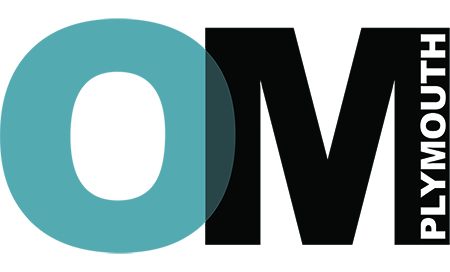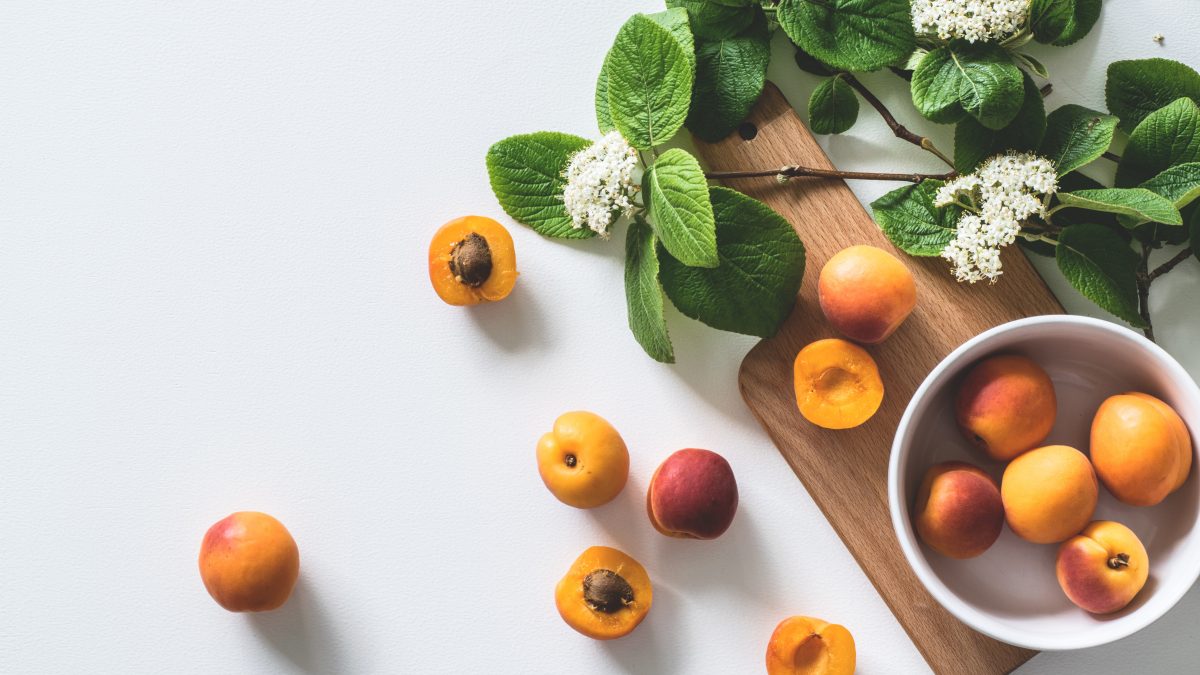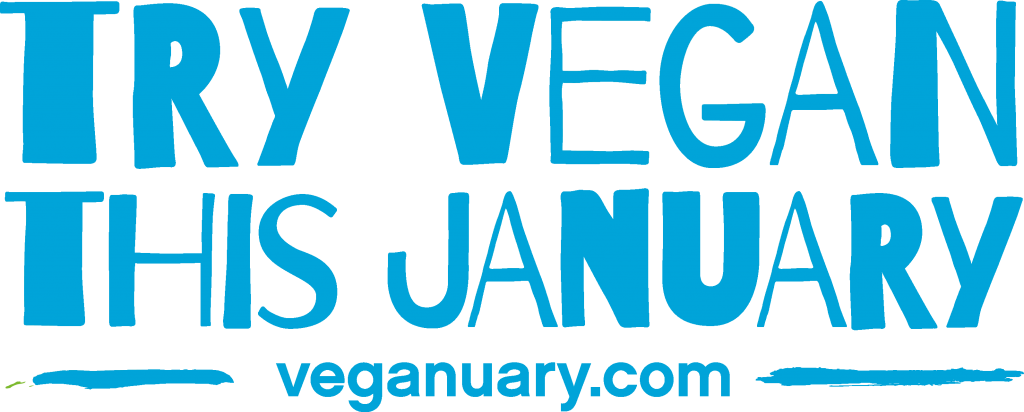Ways to stay healthy this New Year…

Business Profile: Westcountry Tile & Bathroom
3rd January 2019
Business Profile: Clip n’ Climb Plymouth
3rd January 2019January is here, it’s time to kick start those resolutions!
If you’re still struggling for a New Year’s resolution for 2019, you can never go wrong with starting with the basics.
Perhaps you are looking to start the year by changing your eating habits, or maybe you’ve joined a gym/fitness centre and have no idea where to start. Don’t worry, we’ve all been there – and there a plenty of ways of getting into a routine that works for you.
With all these things, you have to remember that it’s not just a new diet or a new exercise regime that you are going to fit in around what you are currently doing, it’s a lifestyle change.
A lot of people view healthiness as eating ‘bland’, low calories foods and spending hours on a treadmill; but it just doesn’t work like that.
Now that may sound quite daunting at first, but it will work for you much better both physically and 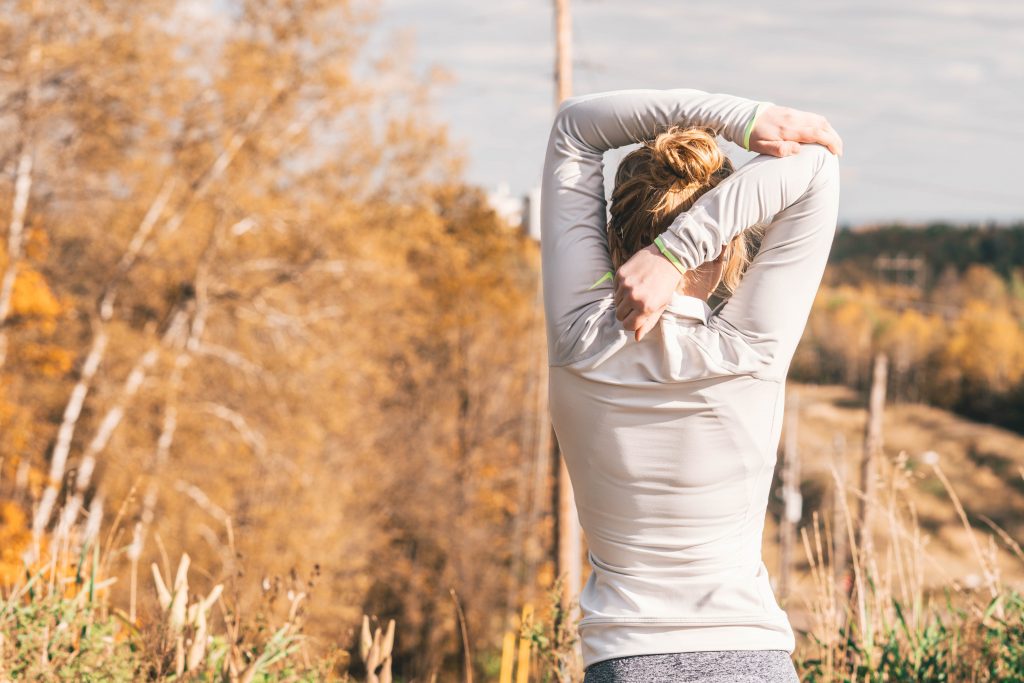 mentally in the long run.
mentally in the long run.
For example: if you just carry on with your regular day-to-day life but then decide that you’re going to start a new diet and then also do a thirty minute exercise per day on top of this, to begin with it doesn’t seem like much at all. But as you go on there will be times where you suddenly can’t fit in your daily exercises, or you don’t have time to prep a healthy meal before work; and then before you know it you’re back to normal because it’s easier than trying to add these new things on top.
If you approach it this way; as something extra added onto your already pre-existing routine – you are almost guarantee to fail every time.
Remember that fitness isn’t a short-term fix. Nothing will get you completely toned and fit in a month. It takes patience, time, and it definitely shouldn’t be something that you dread every single day.
It shouldn’t stress you out (in fact, it should do the exact opposite!), it should be
enjoyable, yet challenging at the same time. It should be filling foods that give you energy and fuel your body. And you must always remember that if something is working really well for someone else, that doesn’t mean that it will work for you.
Everyone is different: some see results quickly, some will take longer. Nobody is the same and that’s very important to remember.
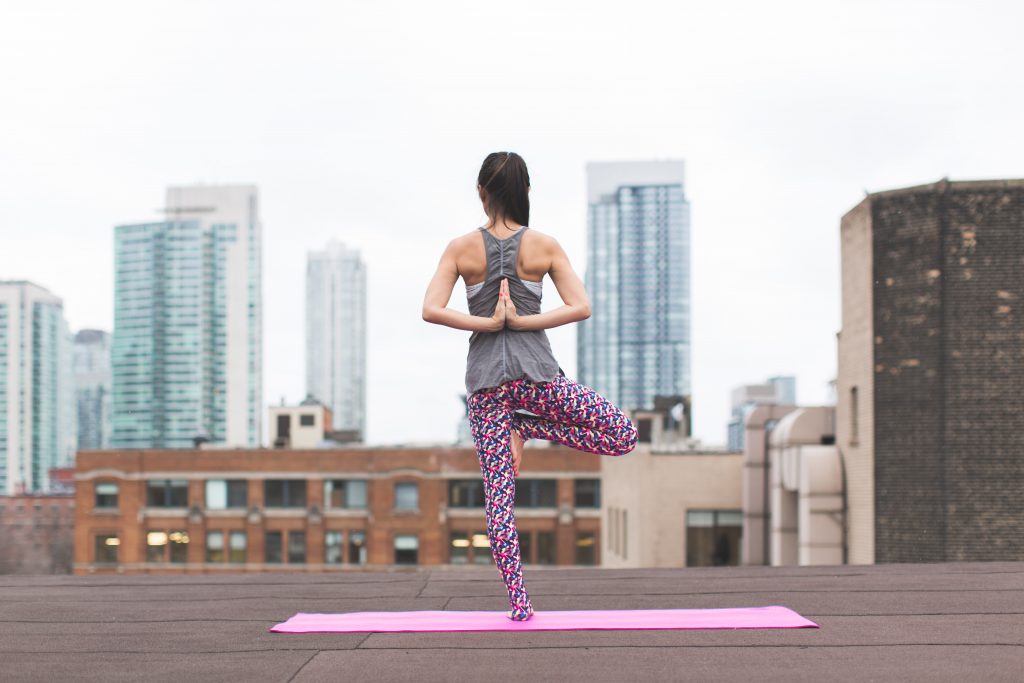 Tips on how to keep up a healthy lifestyle:
Tips on how to keep up a healthy lifestyle:
Don’t restrict yourself – A lot of people fail these diets because they tell themselves “I can’t eat this or that, only small, low-calorie foods.” When the truth is, that isn’t actually healthy for you at all. Now you shouldn’t go to the opposite end of the spectrum and over indulge, but don’t tell yourself that you can’t eat something because there shouldn’t be boundaries on what you eat. Just always remember that you can eat that McDonalds and not feel guilty, because one time isn’t going to hurt.
Don’t count calories – This is where people go wrong all the time! The thought process behind it is that if you eat less calories, you’ll lose weight and become healthy – and you may lose weight- but you definitely won’t become healthy. What will happen is that you will feel very fatigued and exhausted, and then won’t have any energy to workout: that’s a bit contradictory to what you’re aiming for isn’t it? What you want to be looking at are the macro nutrients of what you’re eating. There’s loads of information about this online that can properly aid you in your fitness journey.
Enjoy what you’re doing! There’s no point doing things if you’re not enjoying it! If going to the gym five times a week isn’t doing it for you, DON’T DO IT. There’s so many ways to exercise your body and make it work for you.. There’s swimming, fitness classes, rock climbing – the options are endless!
There are lots of different ways to get into a healthier lifestyle. All require a bit of motivation, but a good mindset and dedication can see you through.
If you’re struggling for places to start with, then maybe taking up a challenge that thousands of people also take part in will be the right place for a proper kick start.
This month is Veganuary, where the aim of the month is to eat vegan all throughout January. This means no meat, no dairy products and eggs, essentially nothing that comes from animals.
Veganuary launched in January 2014 in the UK. They are a registered charity that encourages people take on a vegan diet throughout January.
The whole month is dedicated to changing attitudes towards veganism. They aim to help support anyone who is wanting to transition into veganism, or to just provide the right information for those who want to know more about a vegan diet/lifestyle.
who is wanting to transition into veganism, or to just provide the right information for those who want to know more about a vegan diet/lifestyle.
Campaign organisers say that following a vegan diet – even if only for a short period of time – can have a lot of benefits, not only for health reasons but also for environmental reasons.
The charity says that going vegan can reduce obesity, lower blood pressure, and help to reduce the risk of other health issues such as diabetes and heart disease. They also state how it has a more positive effect on the environment than it would if you were to give up your car.
Veganuary 2018 broke all records!
The campaign grew by 183% in 2018, with over 16,000 people signing up to go vegan. 79,000 of which were omnivores.
Like previous years, most people signed up because of a concern for animal welfare – but last year, there was also an increase in environmental and health motivations, with the two combined surpassing people choosing Veganuary for reasons to do with animals.
But these numbers may be broken again with Veganuary 2019 set to be the biggest yet. But what most people want to know about becoming vegan, is what can you eat?
A vegan diet contains only plants (such as vegetables, grains, nuts and fruits) and goods made from plants.
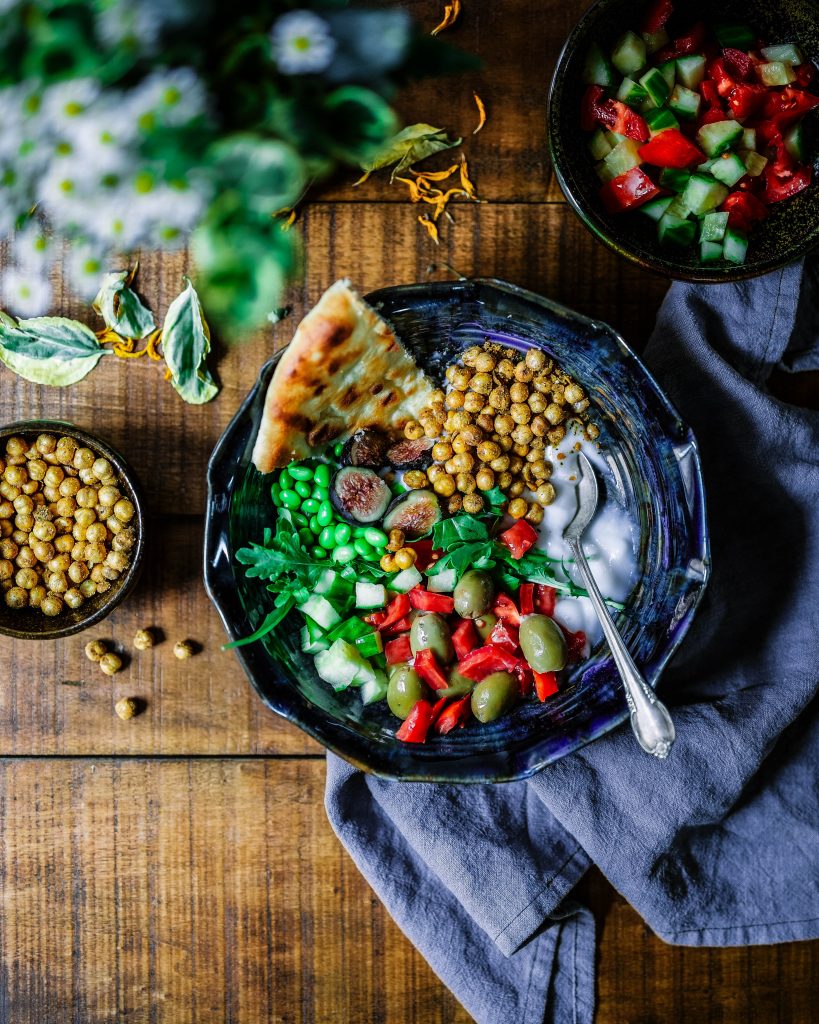 A lot of people assume that because vegans cut out so many food groups, that there can’t be a lot left for them to eat, but this is definitely not true.
A lot of people assume that because vegans cut out so many food groups, that there can’t be a lot left for them to eat, but this is definitely not true.
To begin with, a lot of standard households will already be stocked with vegan foods without them even realising. Peanut butter, baked beans, dried pasta, tea, coffee, many biscuits – you get the point.
There has also been a large increase in vegan foods that are available. Supermarkets stock a wide variety of vegan alternatives, including various ready meals – so no, you won’t have to do extensive amounts of cooking if you don’t have the time.
The NHS website gives a rough guide of what to eat for a vegan diet, and how to get the various nutrients necessary without having to consume anything outside of what you should be.
There are also loads of recipes to follow online for anyone struggling for inspiration of where and how to start. The official Veganuary website has a large list of various recipes for anyone to try out, just to help make your transition a little bit easier.
Even just using the power of social media and searching #vegan on Instagram will greet you with 70.5 million posts, so you won’t fall short of ideas quickly!
With the lifestyle and diet being more popular than ever before. more and more people are opting for veganism over other lifestyles. There are 600,000 vegans in Great Britain as of 2018, that’s about 1.6 per cent of the U.K’s population. That number has more than doubled since 2014, when the reported number was around 150,000.
But will you be adding to that number this year? More information can be found by visiting veganuary.com
